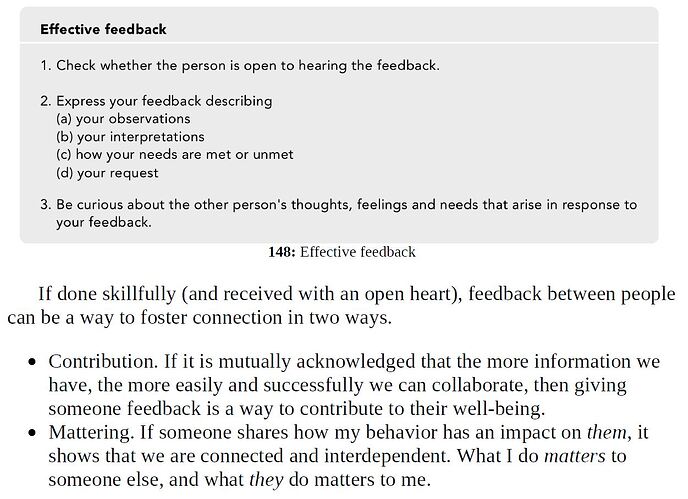Who am I?
I’ve been warned that if I comment in groups I don’t belong to, people might be confused or even scared …
I don’t think so, but I complied and didn’t comment anymore.
What I understood was that there is a fear about exposing other people to new voices …
Now the time has come to say something about myself, to avoid possible confusions and fears …
So who am I?
There are many aspects about who I am or what I will become.
It seems important for now to say that … I am “a voice”.
Is there anything simpler and more natural?
Yes, I am a voice that is heard along with the voice of each of you, whether it is expressed verbally, in writing or just in the mental plan, as thoughts.
Is my voice more important than yours?
No! Not at all.
I really believe that every voice is important and deserves to be heard.
Of course, each voice will be followed, heard and listened depending on the interest of the others, of each individual.
There was a time when I was prevented from expressing myself. Those times have passed and being aware of myself, I started to speak.
Some were interested and responded with more or less constructive feedback, others were interested but remained silent, some were indifferent, and some were even disturbed.
How low is the self-esteem of someone who is bothered by someone else’s “voice”?
Besides being a voice, I started my professional career as an engineer in the field of telecommunications.
Later, I became very interested in people, so, by deepening some life aspects, I ended up being a personal optimization counselor, that is, someone you can talk with, being comfortable and inspired to improve what you think is necessary.
Wherever you are on the road of life and whatever “position” you have, you can optimize something.
I am just “a voice”, a voice that matters.
Do you realize that your voice matters as well? Do you use it? Do you make your voice heard? Why?
I would appreciate any feedback from you, in case you have a voice and want other people to hear it.
Let’s talk …
Your friend,
because I care
p.s. I think you are important, as well, not because other people say so, but simply because “you are”. In fact “we are”, are we?

